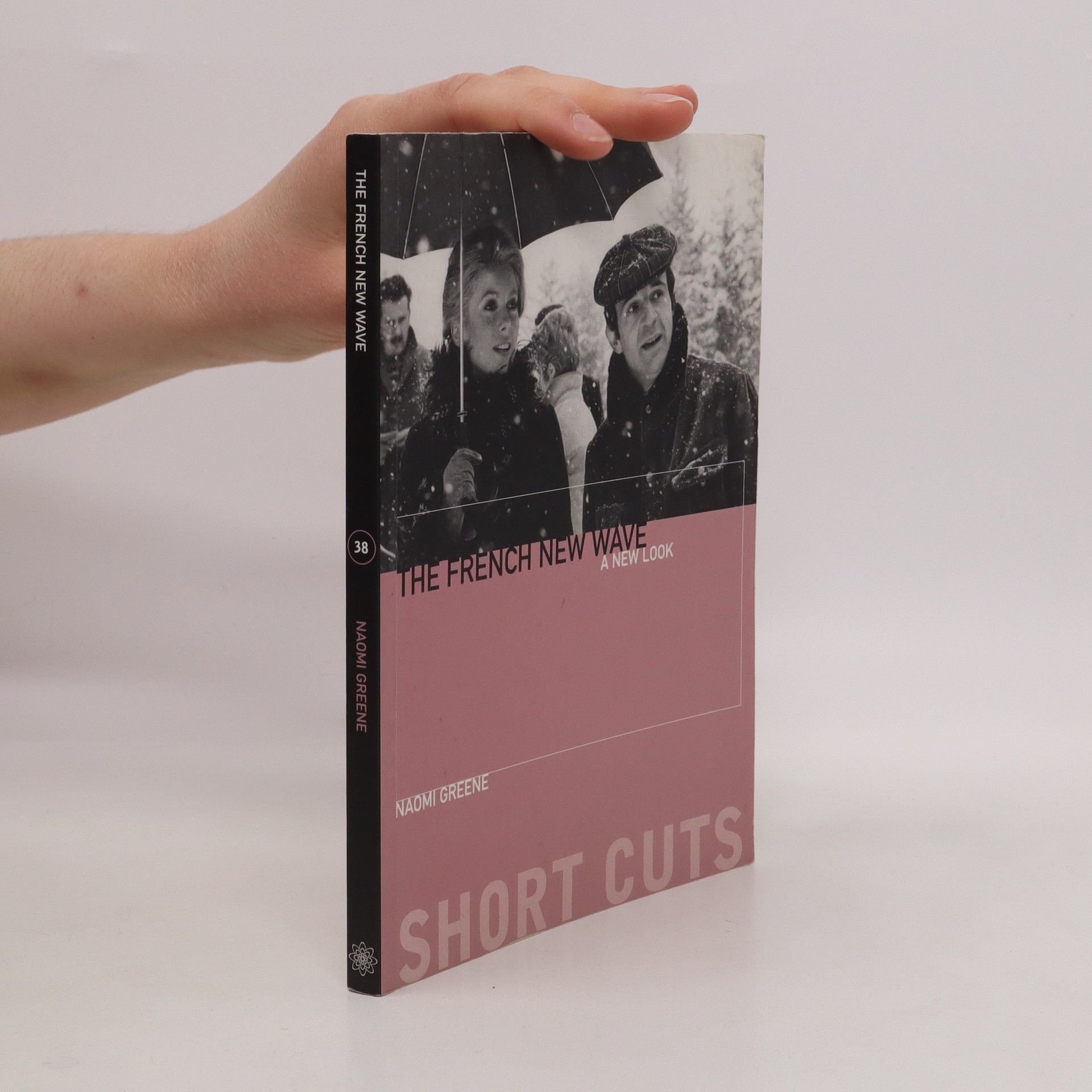The French New Wave was perhaps the biggest―and briefest―explosion in the history of world cinema, with more than hundred French directors shooting debut features between 1958 and 1964. Its aftershocks are still being felt today. Through the work of such directors as Jean-Luc Godard and François Truffaut, filmmakers came to be seen as outstanding artists rather than mere studio technicians, paving the way for contemporary cinematic auteurs such as Martin Scorsese, Pedro Almodóvar, and Luc Besson. This volume begins by tracing the social and cultural changes of postwar France that gave birth to the New Wave then examines in detail the careers of artists like Alain Renais and Jean-Luc Godard. The French New A New Look is a concise and accessible account of a crucial movement in film history.
Naomi Greene Livres
